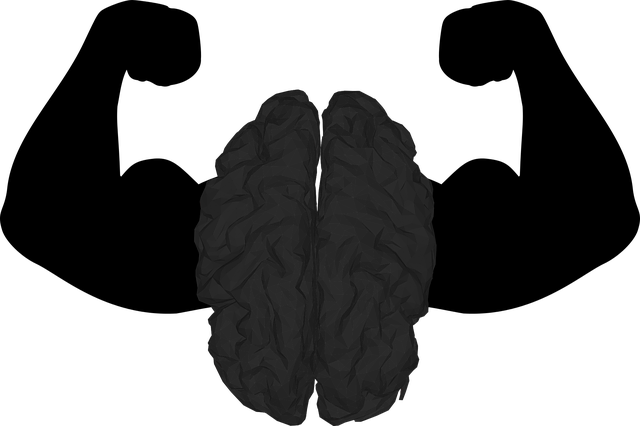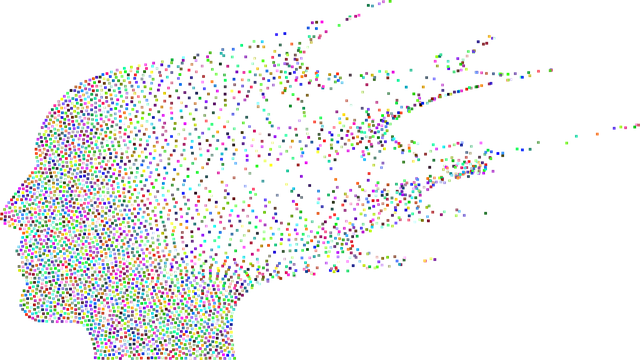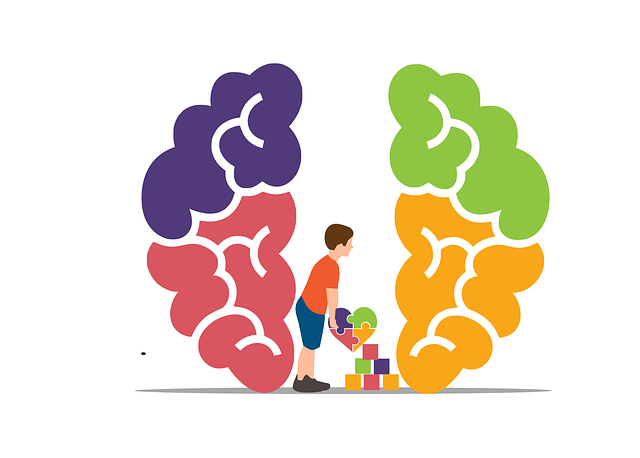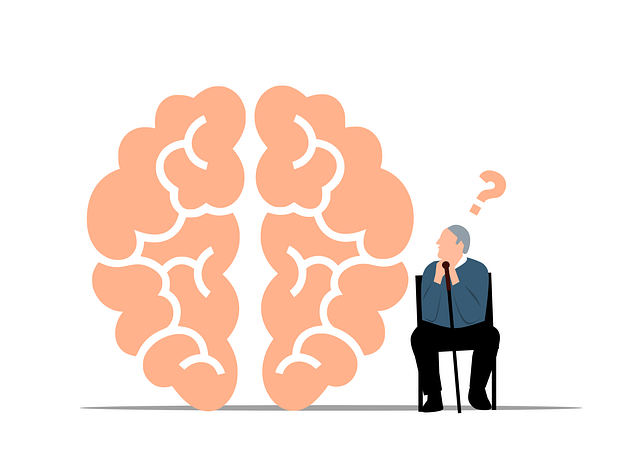Northglenn Suicide Prevention Therapy emphasizes the vital role of social skills training in mental health support, addressing loneliness and depression. By teaching effective communication, assertiveness, and empathy, this therapy empowers individuals to navigate social situations with confidence, reduce conflicts, and build supportive relationships. Tailored strategies like structured exposure therapy and Cognitive Behavioral Therapy (CBT) are used for specific conditions, while mindfulness meditation aids emotional healing. This comprehensive approach goes beyond traditional therapy, integrating training for healthcare providers and community workshops to foster holistic mental well-being through robust social connections.
Social skills training is a powerful tool in the realm of mental health support, addressing the intricate link between social abilities and psychological well-being. This comprehensive guide explores how such training can be a game-changer, especially for individuals dealing with various mental health conditions. We delve into the benefits, strategies, and specific approaches like Northglenn Suicide Prevention Therapy, offering valuable insights for navigating the challenges of social interactions. Understanding these skills’ significance is crucial in fostering resilience and enhancing overall mental wellness.
- Understanding the Link Between Social Skills and Mental Health
- The Role of Social Skills Training in Therapy
- Implementing Effective Social Skills Strategies for Different Conditions
- Northglenn Suicide Prevention Therapy: A Comprehensive Approach to Building Social Support Systems
Understanding the Link Between Social Skills and Mental Health

Social skills training is a critical component of mental health support, often overlooked but deeply impactful. Understanding the intricate link between social interactions and mental well-being is essential in Northglenn Suicide Prevention Therapy. The ability to navigate social situations, communicate effectively, and resolve conflicts can significantly influence an individual’s overall mental health and recovery journey. Many mental health conditions can isolate individuals, leading to feelings of loneliness and depression, emphasizing the need for interventions that foster social connection and interaction.
In crisis intervention guidance, these skills are vital tools to help individuals de-escalate tense situations and build resilience. Conflict resolution techniques, when learned and practiced, can prevent escalation and promote healthy communication, reducing the risk of detrimental outcomes. Even the production of a mental wellness podcast series can utilize social skills training concepts to engage listeners, creating a sense of community and providing valuable crisis intervention resources.
The Role of Social Skills Training in Therapy

Social Skills Training plays a pivotal role in therapy for mental health conditions. It’s not just about talking through feelings; it involves learning and practicing effective communication, assertiveness, and empathy. This is crucial, especially for individuals dealing with anxiety, depression, or trauma, who might struggle with social interactions due to their condition. In Northglenn Suicide Prevention Therapy, professionals incorporate these skills into treatment plans, empowering patients to build supportive relationships and navigate social situations more confidently.
Furthermore, this training isn’t limited to individual therapy; it’s also integrated into Healthcare Provider Cultural Competency Training, Burnout Prevention programs, and Coping Skills Development workshops. By enhancing social skills, individuals become better equipped to handle stress, resolve conflicts, and seek help when needed. This holistic approach not only supports their mental health journey but also fosters a sense of belonging and connection in their communities.
Implementing Effective Social Skills Strategies for Different Conditions

Implementing effective social skills strategies requires tailoring approaches to specific mental health conditions. For individuals dealing with anxiety disorders, structured exposure therapy can gradually desensitize them to social situations, building confidence and reducing fear. Cognitive Behavioral Therapy (CBT) techniques focus on challenging negative thoughts and behaviors, fostering healthier interactions.
In contrast, those struggling with depression often benefit from teaching specific social skills like active listening and non-verbal communication cues. Northglenn Suicide Prevention Therapy emphasizes resilience-building through mindfulness meditation and emotional healing processes, equipping individuals with tools to navigate social challenges mindfully and maintain supportive connections.
Northglenn Suicide Prevention Therapy: A Comprehensive Approach to Building Social Support Systems

In the fight against mental health challenges, particularly suicide prevention, Northglenn Suicide Prevention Therapy stands out with its comprehensive approach to building social support systems. This innovative therapy goes beyond traditional treatments by recognizing the profound impact of social connections on emotional well-being promotion techniques. By fostering a sense of belonging and community, the program aims to mitigate anxiety relief concerns and create a robust safety net for individuals at risk.
The therapeutic framework integrates various strategies tailored to address not just the symptoms but also the underlying causes of mental health issues. Through rigorous Mental Health Policy Analysis and Advocacy, Northglenn Suicide Prevention Therapy ensures that clients gain the skills needed to navigate social interactions effectively, fostering meaningful relationships that contribute to their overall recovery and enhanced emotional resilience.
Social skills training plays a pivotal role in enhancing mental well-being, especially for individuals managing various conditions. As highlighted by Northglenn Suicide Prevention Therapy, integrating social support systems into therapeutic practices can significantly improve outcomes. By understanding the unique social needs of different mental health conditions and employing tailored strategies, therapists can empower clients to navigate social interactions with confidence. This comprehensive approach ensures that individuals receive holistic care, fostering not just recovery but also a sense of belonging and connection in their communities.














